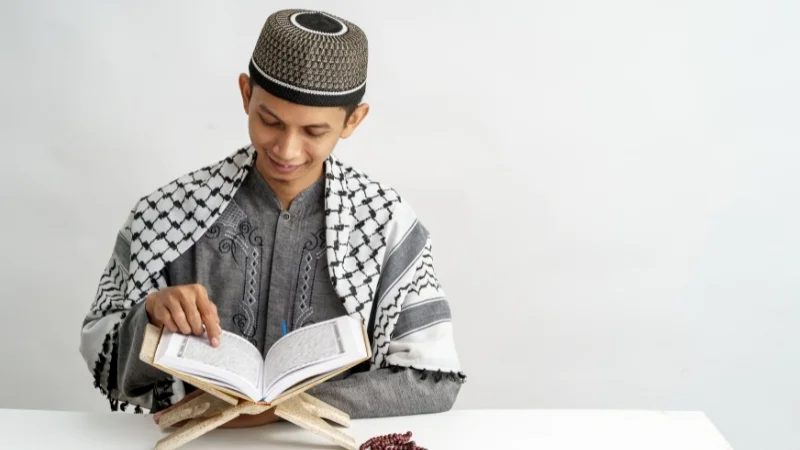Introduction
Islamic education holds a vital place in Bangladesh’s academic and spiritual landscape. Many learners seek to deepen their understanding of Islam through formal courses such as diploma and certificate programs. Choosing between a diploma and a certificate Islamic studies course can be challenging, as both offer unique benefits and serve different educational goals. This article provides a detailed comparison of diploma and certificate Islamic studies courses in Bangladesh, highlighting their differences, advantages, and how each fits learners’ needs. Understanding these distinctions will help students make informed decisions about their Islamic education journey.
Overview of Islamic Studies Courses in Bangladesh
Islamic studies courses in Bangladesh cover a broad spectrum of subjects including Quranic sciences, Hadith, Fiqh (Islamic jurisprudence), Aqeedah (creed), and Islamic history. These courses are offered by various educational institutions, including madrasas, universities, and online platforms, and are structured to cater to different levels of interest and expertise.
What is a Diploma Islamic Studies Course?
A diploma course in Islamic studies is a comprehensive program designed to provide in-depth knowledge over an extended period, typically one to two years. It is often pursued by students who wish to acquire a thorough understanding of Islamic theology, law, and history and sometimes serves as a foundation for advanced studies.
Key Features of Diploma Courses
-
Duration: Generally longer, ranging from one to two years.
-
Curriculum: Extensive coverage including detailed study of multiple Islamic disciplines.
-
Depth: Emphasis on critical analysis and interpretation.
-
Assessment: Regular exams, projects, and assignments.
-
Outcome: Recognized qualification often accepted by higher education institutions and religious organizations.
What is a Certificate Islamic Studies Course?
Certificate courses are shorter programs designed to offer foundational knowledge or specialized topics within Islamic studies. These courses suit individuals seeking to learn basic principles or focus on a specific area without committing to long-term study.
Key Features of Certificate Courses
-
Duration: Typically a few months up to one year.
-
Curriculum: Focused and concise, covering essentials or particular themes.
-
Flexibility: Often available as part-time or online courses.
-
Assessment: May include quizzes, short exams, or practical tasks.
-
Outcome: Certification that validates completion but may have limited academic recognition compared to diplomas.
Comparing Curriculum Content
Aspect | Diploma Islamic Studies | Certificate Islamic Studies
---|---|---
Depth | Comprehensive study of theology, law, history, and language | Basic understanding or focus on specific Islamic topics
Subjects | Includes Quran, Hadith, Fiqh, Aqeedah, Islamic history, Arabic language | May focus on Quranic studies, Islamic ethics, or introductory Fiqh
Research | Encourages analytical thinking and scholarly work | Generally limited to foundational knowledge
Duration and Flexibility
Diploma courses require a longer commitment and often follow a full-time schedule. Certificate courses offer more flexibility, allowing learners to study part-time or online, making them suitable for working professionals or those with other commitments.
Career and Academic Opportunities
A diploma in Islamic studies provides broader opportunities for careers in education, religious leadership, counseling, and further academic pursuits. It is generally a prerequisite for advanced degrees or specialized Islamic scholarship. Certificate courses serve as stepping stones, ideal for personal enrichment, community roles, or as an introduction before pursuing diplomas.
Cost and Accessibility
While this article does not address prices directly, it is important to note that diploma programs may involve more resources and time, potentially affecting cost and accessibility. Certificate courses tend to be more affordable and accessible, especially with the rise of online offerings.
Choosing the Right Course
When deciding between a diploma and certificate Islamic studies course in Bangladesh, consider the following.
-
Your educational goals: Depth of knowledge vs. foundational understanding.
-
Time availability: Ability to commit long-term or need for flexible study.
-
Career aspirations: Requirements of desired roles or further studies.
-
Learning preferences: Structured in-person classes vs. flexible online formats.
Conclusion
Both diploma and certificate Islamic studies courses play important roles in Bangladesh’s educational ecosystem. Diploma courses offer a comprehensive, in-depth education suited for serious scholars and professionals, while certificate courses provide accessible, focused learning opportunities for beginners or those seeking specialization. Understanding the distinctions and benefits of each will help learners select the best path to achieve their spiritual and academic objectives. For anyone exploring Islamic education, choosing the right course ensures a meaningful and enriching learning experience within Bangladesh’s vibrant Islamic studies community.





